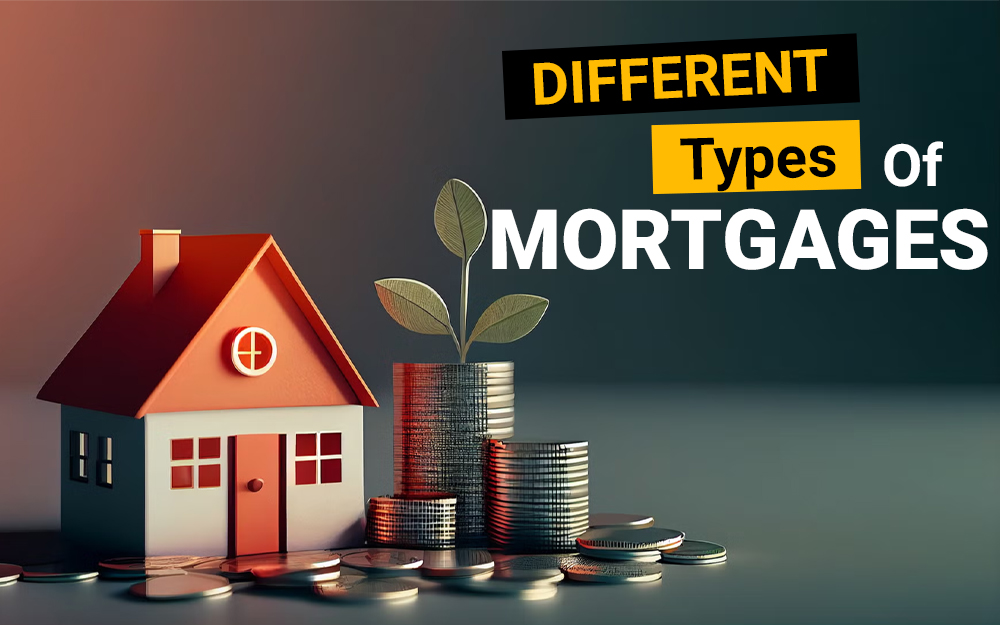Current Mortgage and Interest Rates Overview
As of now, the Bank of England’s Base Rate is 5.25%, held steady since August 2023. Recent trends show a decline in average mortgage rates, largely due to increased competition among lenders. Notably, the average rate for a five-year fixed mortgage is currently 4.88%, while the two-year fixed rate stands at 5.27%. These figures reflect a decrease from the previous week’s rates, indicating a favorable trend for borrowers.
Mortgage Rates by Loan-to-Value (LTV) Ratios
Mortgage rates vary significantly depending on the LTV ratio, which represents the size of the mortgage in relation to the property’s value. Here’s a breakdown of the average fixed-term mortgage rates for different LTV ratios:
| Loan to value (LTV) | Term | Average rate 24 July 2024 |
|---|---|---|
| 95% | 2-year fixed | 5.96% |
| 95% | 5-year fixed | 5.48% |
| 90% | 2-year fixed | 5.59% |
| 90% | 5-year fixed | 5.13% |
| 85% | 2-year fixed | 5.28% |
| 85% | 5-year fixed | 4.92% |
| 75% | 2-year fixed | 5.11% |
| 75% | 5-year fixed | 4.76% |
| 60% | 2-year fixed | 4.62% |
| 60% | 5-year fixed | 4.21% |
These rates are based on mortgage products with an approximate £999 fee, covering around 95% of the market.
Potential Future Trends
Market predictions suggest that the Base Rate may have peaked, with expectations for rates to remain stable into 2024. If positive market sentiment continues, we could see further reductions in mortgage rates. Factors influencing these trends include inflation rates, economic stability, and changes in the financial markets.
For a more comprehensive understanding of different mortgage types, including fixed-rate, tracker, and SVR mortgages, you can explore our detailed guide on Understanding the Different Types of Mortgages.
Understanding Mortgage Affordability and Borrowing
The amount you can borrow is influenced by your deposit size and the associated LTV ratio. A higher deposit typically results in a lower LTV, leading to more favorable mortgage rates. Prospective buyers can use tools like Mortgage Calculators and obtain a Mortgage in Principle to understand their borrowing capacity and secure a competitive rate.
Please note: This content is not intended to provide financial advice and should not be relied upon for making financial decisions. Please seek advice from a regulated mortgage adviser for guidance tailored to your specific situation.
More Topics About Mortgage You Might Be Interested In:
What Are Mortgage Terms and How Do They Work?
Understanding the Different Types of Mortgages

